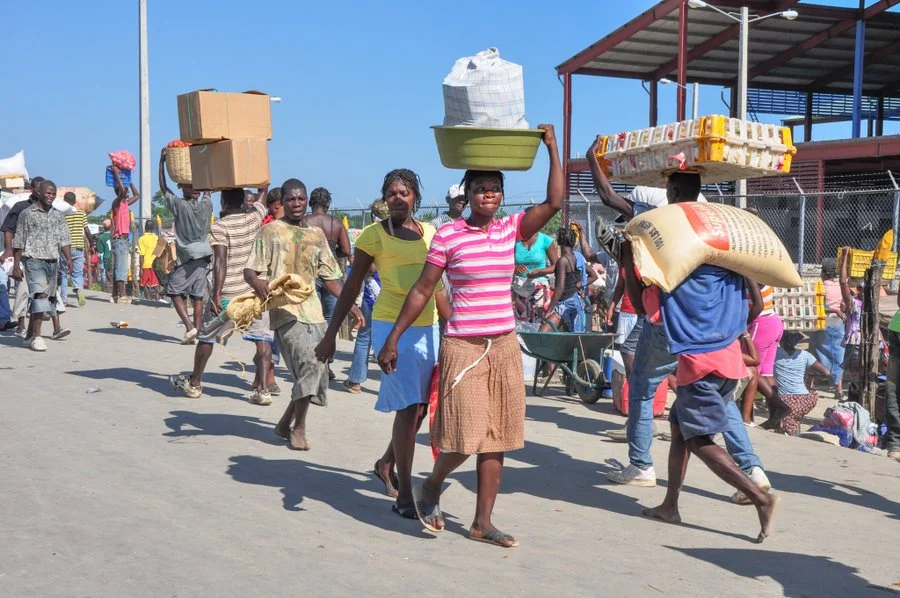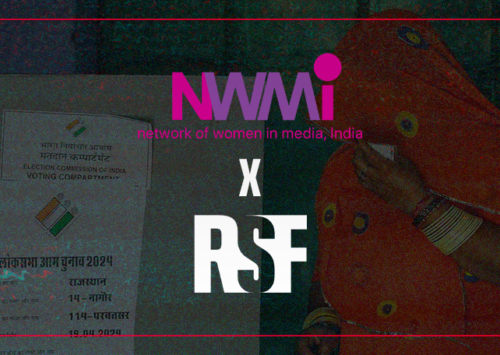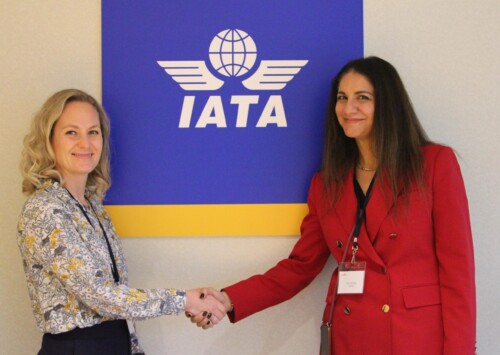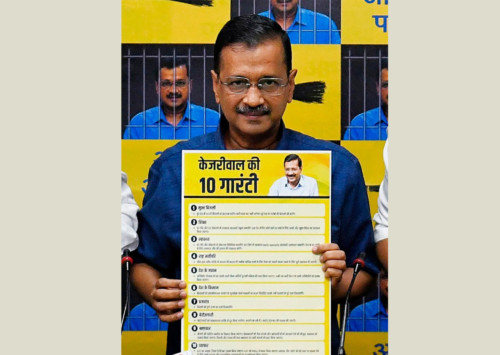20 years on, African Union has failed Africa

Covid-19 led to millions of job losses and several health related challenges in Africa (Photo: Twitter)
The last two years have not been very kind to Africa. It is not just the Covid-19 pandemic, which of course hit the continent hard. Vaccination rates across the continent continue to languish well below the world average and many African nations have managed to vaccinate only a fraction of their population, leading to large-scale
Though Covid-19 claimed thousands of lives across Africa, but its real impact was felt economically as it led to millions of job losses, leading to a spike in several health-related challenges such as malnutrition and hunger that Africa has been struggling with for decades.
However, over the past few years, even before Covid-19 outbreak, Africa has been struggling with many other issues, notably rising political instability as well as numerous conflicts and civil wars that seem to have taken hold of a large part of Africa.
In many ways, it seems that Africa finds itself pushed back by well over two decades and is in the same situation that existed when the continent’s leaders had decided to junk the ineffective Organisation of African Unity and create the African Union way back in 2002.
One step forward, two steps back
Recently, the African Union celebrated its 20th anniversary in the Ethiopian capital, Addis Ababa. At the gathering, heads of States from most of the 55 member States of AU patted themselves on the back for the ‘achievements’ of the AU, which was formed to replace its predecessor, Organisation of African Unity, a body that had abysmally failed to uphold its founding principles and meet its objectives, notably promotion of democracy and peace and security in the continent.
When it was founded in 2002, the then South African President Thabo Mbeki, who was one of the key drivers of creation of African Union, had promised a continent of democracy and peace and solidarity amongst African nations was another key landmark goal of the AU. In all fairness, the AU got off on the right note. Unlike its predecessor, the AU did not hesitate to send in the AU forces, composed of militaries of its members, to resolve civil wars and conflicts ravaging the continent.
Its first notable intervention was in 2004 when AU troops went into Sudan to stop the genocide in Darfur, perhaps the first time in modern history of Africa that a regional force stopped a civil war. It followed up with another mission to end jihadist violence in Somalia. Its robust policy against coups also meant that after a long time, Africa was almost entirely free of any transfer of power through use of force.
Thus, in its early years, AU did manage to bring a semblance of peace and calm over the continent, which allowed the leaders to focus on other challenges, notably the economy, development, health and climate change. One of the most notable achievements of the AU would uncontestably be the African Continental Free Trade Area that came into effect in 2021 and which envisages the formation of the world’s largest free trade area with 1.2 billion people living in 55 countries. The free trade area has been inspired by the European Union model and the African leaders rightly hope that allowing free movement of goods, services and people between national borders will ramp up their economic prowess and collective might.
The free trade area and indeed a true integration on the lines of the EU has begun to make so much more sense for Africa in the post-pandemic as many of its countries figure at top of the list of nations that were worst hit by the Covid-19 pandemic, in all aspects ranging from the economy to health, malnutrition and poverty. On top of it, Africa has been facing some of the worst effects of climate change, even though practically all African nations figure way low on the global list of nations in terms of per capita carbon emissions. Some of the worst examples are the severe droughts in the continent, stretching from Sahel to the southern tip of the continent, Cape Town in South Africa. Over 100 million Africans face severe food crisis already and this number will only rise sharply, given the current trends.
In such a situation, African Union and the African Continental Free Trade Area can help African countries while bargaining with the developed world and speaking with once voice at international meetings notably on climate change.
But to live up to these expectations, African Union itself must ensure that it stays on the path set out by its founders as over the past few years, it has been floundering. There has been a spate of coups, notably in western Africa, over the past two years and conflicts are raging again in many African countries, most notably in Ethiopia, whose capital Addis Ababa is home to AU headquarters.
Despite the ongoing civil war in Tigray and the brutal use of force by Ethiopian Prime Minister Abiy Ahmed, the AU has maintained a deathly silence over the issue, even while it was meeting to celebrate its 20th founding day earlier this year. Besides the massacres in Ethiopia, the number of conflicts across the continent has seen a sharp rise.
Not just intra-country conflicts, but AU has also singularly failed at promoting African unity, its prime goal. This was witnessed in the embarrassing moment in January 2020, when Kenya battled Djibouti for the non-permanent seat on United Nations Security Council. Normally, African nations unanimously backed a candidate, but AU failed to resolve the competition between the two member-states. AU also failed to back one name for the position of the Director General of the World Trade Organisation.









